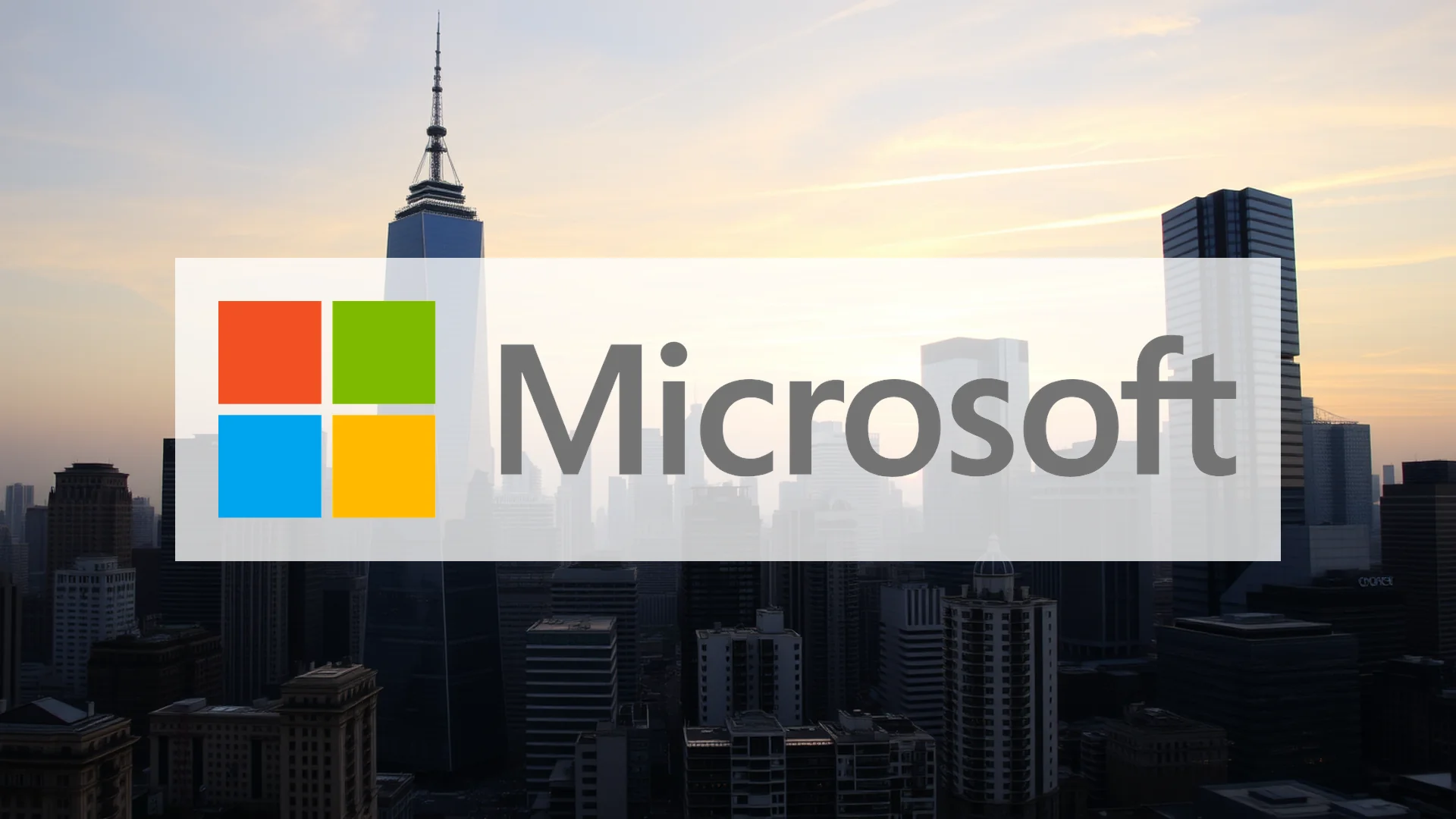Microsoft Corporation has delivered a performance that exceeded even the most optimistic market expectations. For the first quarter of its fiscal year 2026, the technology behemoth reported revenue surpassing $77.7 billion, representing an 18 percent year-over-year increase. This impressive growth underscores a strategic, aggressive push into artificial intelligence that is positioning Microsoft as the dominant force in the global AI competition. With multi-billion dollar agreements, a renewed OpenAI alliance, and a cloud division experiencing explosive growth, the company’s trajectory appears remarkably strong.
Financial Engine Firing on All Cylinders
The company’s financial health is robust, demonstrated by a 32 percent surge in operating cash flow to $45.1 billion. Free cash flow followed suit, climbing 33 percent to $25.7 billion. A significant portion of this capital was returned to shareholders, with $10.7 billion distributed through dividends and share repurchases. Looking ahead, management has provided second-quarter revenue guidance between $79.5 billion and $80.6 billion, projecting a growth rate of 14 to 16 percent.
Cloud Services: The Core Growth Driver
At the heart of this success is the Microsoft Cloud segment, which generated $49.1 billion in quarterly revenue—a substantial 26 percent jump. The star performer within this segment was the Azure cloud platform, which saw its revenue advance by an impressive 40 percent. This expansion is largely fueled by major enterprise clients significantly scaling their digital infrastructure.
A critical, often overlooked metric is the commercial remaining performance obligation (RPO), which has reached $392 billion. This figure, which represents contracted future revenue, has doubled in just two years, providing Microsoft with exceptional visibility and predictable income streams for the coming years.
Strategic Moves Cement AI Leadership
Microsoft’s strategic positioning in artificial intelligence was solidified through several key developments:
Should investors sell immediately? Or is it worth buying Microsoft?
-
OpenAI Partnership: In late October, Microsoft extended its strategic partnership with OpenAI. The company confirmed it has already seen a tenfold return on its initial investment. The agreement grants Microsoft exclusive Azure rights until 2030 or until the achievement of Artificial General Intelligence (AGI), with product and model rights secured until 2032. Furthermore, OpenAI has committed to $250 billion in Azure services over the term of the deal, a massive commitment that will shape Microsoft’s future earnings.
-
Infrastructure Mega-Deals: In early November, the company announced three major AI infrastructure agreements that highlight its capacity-building strategy:
- A five-year, $9.7 billion contract with IREN Limited for GPU cloud services utilizing NVIDIA GB300 chips, with deployment in Texas.
- A multi-billion dollar agreement with Lambda for AI infrastructure involving tens of thousands of NVIDIA GPUs.
- An approximately $8 billion investment in data centers and AI projects in the United Arab Emirates over four years, following approval from the U.S. government for chip exports.
Meeting Unprecedented Demand
The demand for AI capabilities is so immense that Microsoft anticipates capacity constraints throughout the entire fiscal year. CEO Satya Nadella articulated the company’s ambition to build a “planetary-scale cloud and an AI factory that maximizes tokens per dollar per watt,” aiming to create the world’s most efficient and extensive AI infrastructure.
The scale of adoption is already staggering: 900 million users engage with AI features in Microsoft products every month, and over 150 million are active users of Copilot services. To keep pace, the corporation invested $34.9 billion in infrastructure last quarter alone, with approximately half dedicated to procuring GPUs and CPUs.
This combination of blistering cloud growth, multi-billion dollar AI contracts, and deep strategic partnerships leaves little doubt that Microsoft has secured a pole position in the AI era that will be difficult for competitors to challenge.
Ad
Microsoft Stock: Buy or Sell?! New Microsoft Analysis from February 7 delivers the answer:
The latest Microsoft figures speak for themselves: Urgent action needed for Microsoft investors. Is it worth buying or should you sell? Find out what to do now in the current free analysis from February 7.
Microsoft: Buy or sell? Read more here...










